17 Cartoons That Prove Animation Isn’t Just for Kids
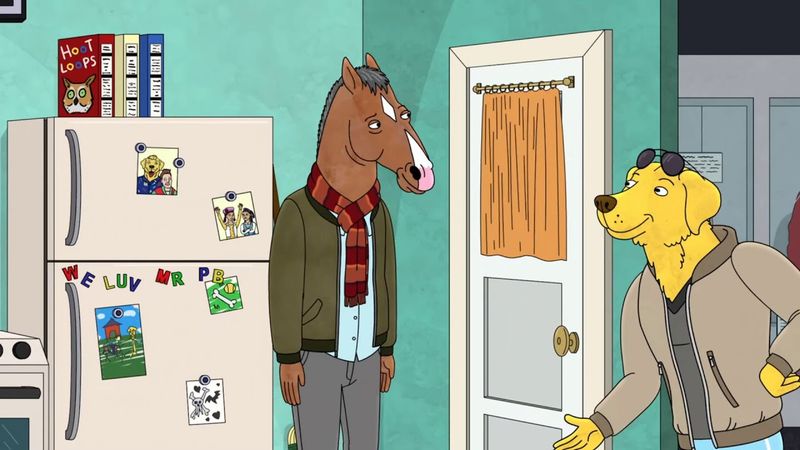
Animation has grown far beyond Saturday morning cartoons and Disney movies. Many animated shows today tackle complex themes, mature humor, and sophisticated storytelling that appeals directly to adult audiences. From satirical comedies that dissect society to emotional dramas exploring mental health, these cartoons prove that animation is a powerful medium for all ages.
1. The Simpsons
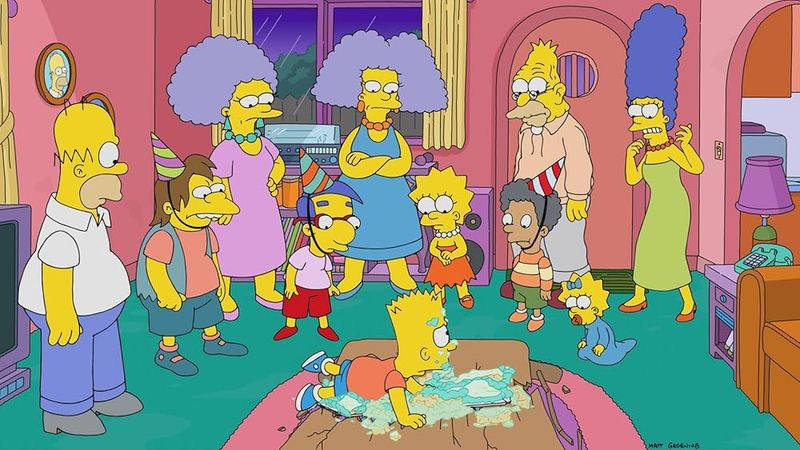
Springfield’s yellow family revolutionized television by proving cartoons could be smart, satirical, and socially aware. Homer Simpson’s bumbling antics might seem childish on the surface, but the show’s writers cleverly weave in commentary about American culture, politics, and family dynamics.
Each episode layers jokes for different age groups, with adults catching references that fly over children’s heads. The show’s longevity stems from its ability to evolve with current events while maintaining its core satirical edge.
Cultural critics praise The Simpsons for predicting real-world events and highlighting societal issues through animated storytelling that feels remarkably human.
2. Family Guy
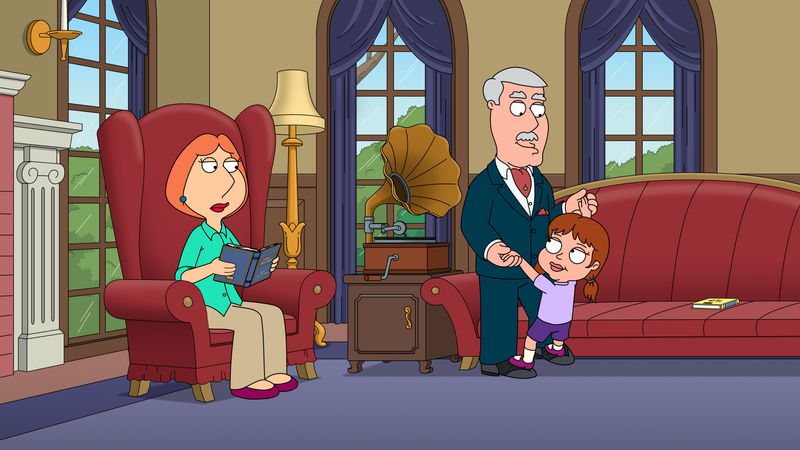
The main characters’ outrageous adventures push boundaries that live-action shows wouldn’t dare cross. The series built its reputation on cutaway gags, pop culture references, and humor that definitely isn’t suitable for younger viewers.
Seth MacFarlane crafted a show that uses animation’s limitless possibilities to create scenarios impossible in traditional sitcoms. Characters break the fourth wall, reference obscure movies, and engage in conversations that would make most parents cover their children’s ears.
Despite controversy, Family Guy maintains a dedicated adult fanbase who appreciate its irreverent take on American family life and fearless approach to taboo subjects.
3. South Park
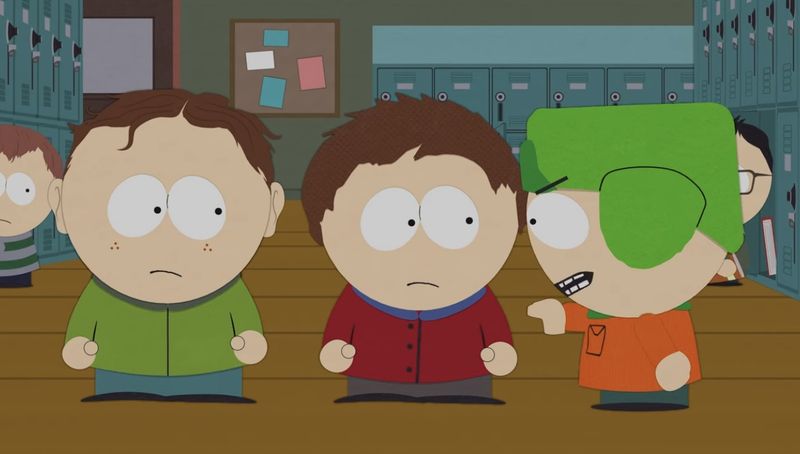
Four foul-mouthed fourth-graders from Colorado deliver some of television’s sharpest political commentary. Trey Parker and Matt Stone use their simple animation style to tackle complex current events with ruthless efficiency.
Episodes often air within days of real-world events, offering immediate satirical responses to political scandals, celebrity controversies, and cultural phenomena. The show’s willingness to offend everyone equally has made it both controversial and critically acclaimed.
South Park proves that crude animation can house sophisticated arguments, using elementary school characters to explore adult themes that traditional news media might handle with kid gloves.
4. Futurama
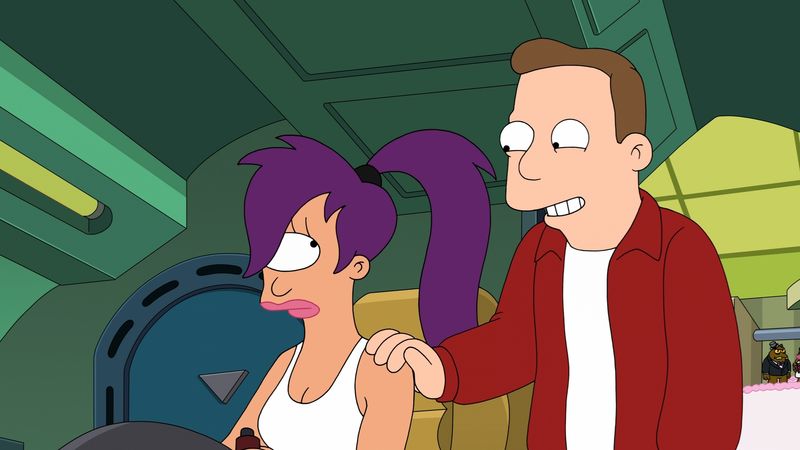
Philip J. Fry’s accidental journey to the 31st century creates a playground for science fiction storytelling mixed with emotional depth. Matt Groening’s futuristic creation balances clever scientific humor with genuinely touching character development.
Episodes seamlessly blend mathematical jokes, philosophical questions, and heartbreaking moments that rival any drama series. The show’s writers include actual scientists and mathematicians, ensuring accuracy within the absurd futuristic scenarios.
Futurama demonstrates how animation can explore concepts like time travel, artificial intelligence, and mortality while maintaining the warmth and humor that keeps viewers emotionally invested in robot and human relationships alike.
5. Rick and Morty
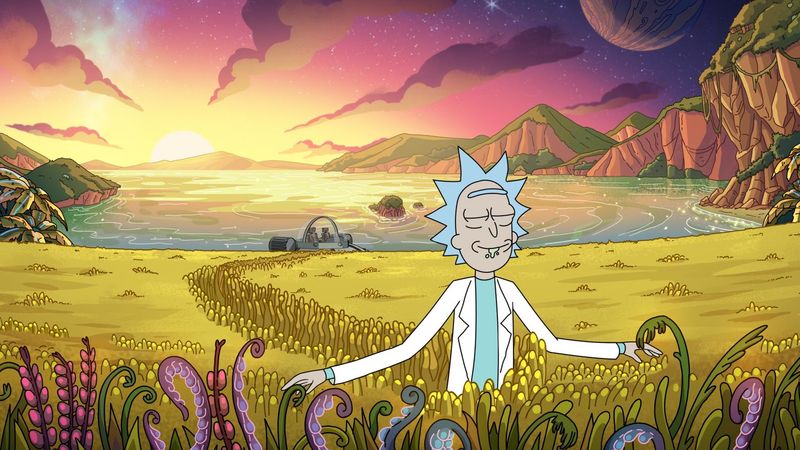
Brilliant but reckless scientist Rick Sanchez drags his nervous grandson Morty into chaotic multiverse escapades that blur the line between science fiction and existential philosophy.
Created by Dan Harmon and Justin Roiland, the show mixes wild interdimensional adventures with raw explorations of depression, family dysfunction, and the search for meaning.
Rick’s nihilism collides with Morty’s yearning for purpose, proving that animation can wrestle with life’s biggest questions while delivering sharp, action-packed storytelling.
6. BoJack Horseman
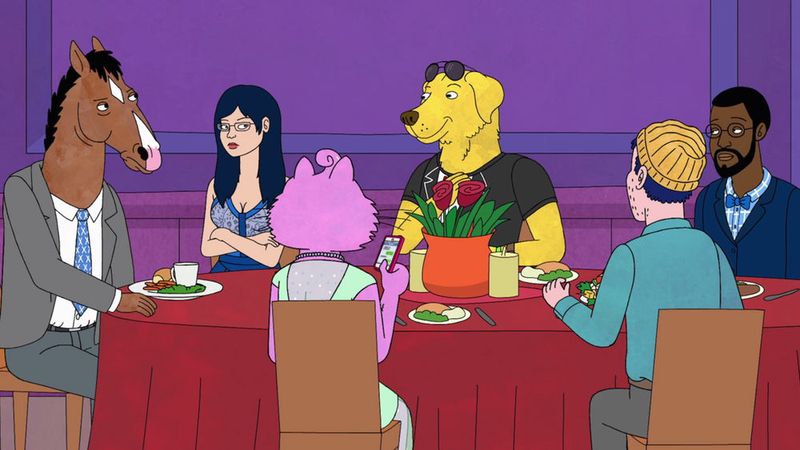
A washed-up horse actor navigates Hollywood while battling depression, addiction, and the consequences of his past actions. This Netflix original uses anthropomorphic animals to explore deeply human struggles with mental health and personal growth.
BoJack’s journey through therapy, rehab, and relationship failures provides unflinching examinations of topics like trauma, accountability, and the possibility of redemption. The show’s creators consulted mental health professionals to ensure accurate portrayals of depression and addiction.
The series demonstrates animation’s unique ability to make difficult subjects accessible while maintaining emotional authenticity that resonates powerfully with adult audiences seeking honest conversations about mental health.
7. Archer
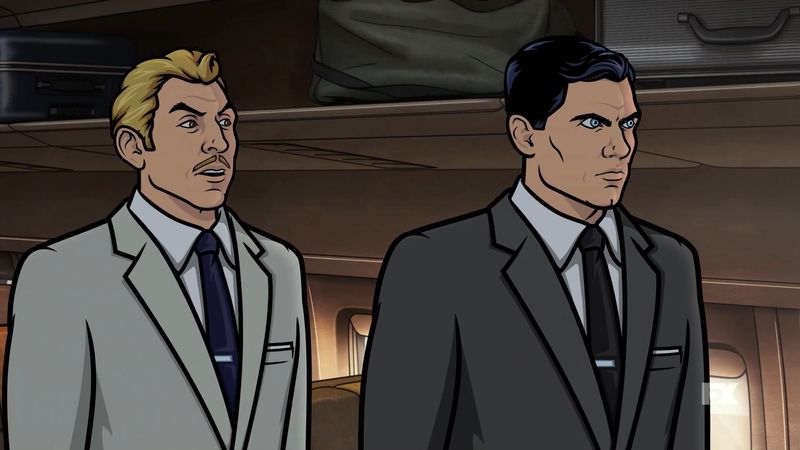
The show’s art deco-inspired animation creates a timeless aesthetic that enhances its witty writing.
Each episode layers cultural references, historical knowledge, and psychological insights beneath Archer’s narcissistic exterior. The supporting characters provide complex relationships that explore workplace dynamics, personal trauma, and professional competence.
Archer proves animated comedy can be intellectually demanding while remaining entertaining, requiring viewers to catch subtle references and appreciate nuanced character development that rewards careful attention and cultural literacy.
8. King of the Hill
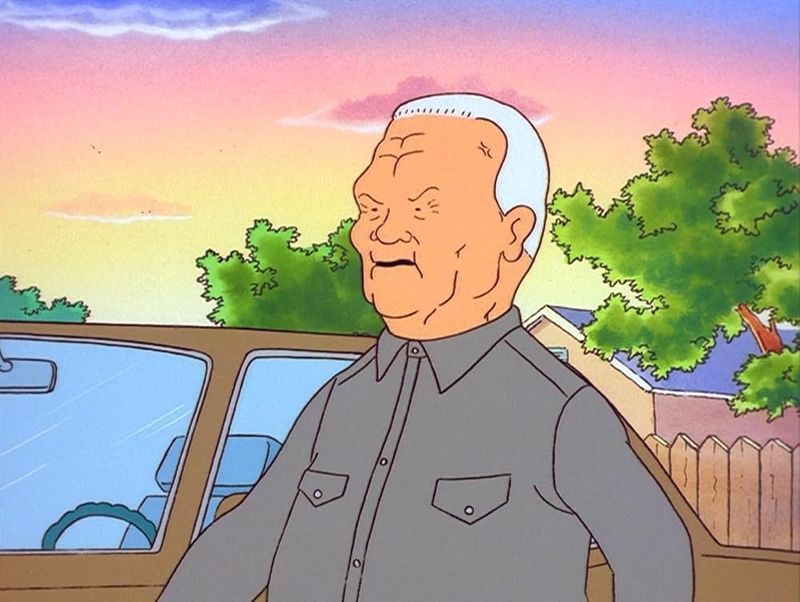
Hank Hill’s obsession masks a thoughtful exploration of changing American values and generational differences. Mike Judge created characters that feel authentically Texan while addressing universal themes about family, tradition, and progress.
Episodes examine political and social issues through the lens of suburban life, avoiding easy answers in favor of nuanced perspectives on complex problems. Hank’s conservative values clash with his liberal niece’s worldview, creating opportunities for meaningful dialogue.
The show’s gentle humor and respectful character treatment demonstrate how animation can bridge cultural divides while celebrating both tradition and change in American society.
9. Bob’s Burgers
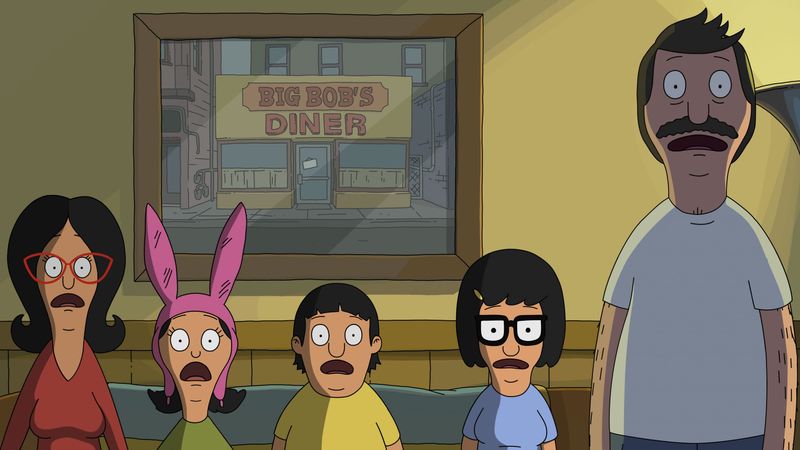
The Belcher family’s struggling restaurant serves as backdrop for stories about unconditional love and creative expression. Loren Bouchard crafted characters who support each other despite their quirks and financial struggles.
Bob’s passion for burger crafting parallels his dedication to his family, while Linda’s enthusiasm and the children’s unique personalities create authentic family dynamics. Episodes celebrate individuality while emphasizing the importance of acceptance and understanding.
The show proves animation can portray healthy family relationships without sacrificing humor, offering viewers a refreshing alternative to dysfunctional family comedies while maintaining wit and charm that appeals across age groups.
10. Adventure Time
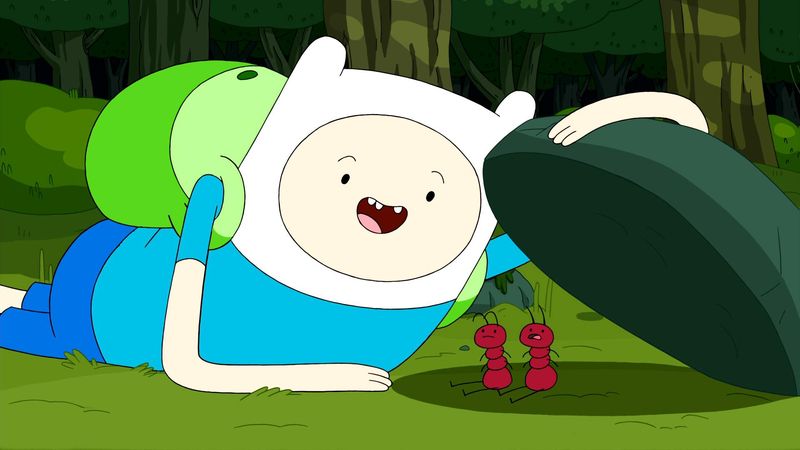
Finn and Jake’s post-apocalyptic adventures initially appear childlike but gradually reveal complex themes about growing up, loss, and responsibility. Pendleton Ward created a world where colorful characters mask deeper philosophical questions.
Later seasons explore Finn’s coming-of-age struggles, romantic relationships, and identity formation while maintaining the show’s whimsical tone. The Land of Ooo’s history slowly unveils a nuclear holocaust backstory that recontextualizes earlier episodes.
Adventure Time demonstrates how children’s programming can evolve with its audience, addressing mature themes through fantasy metaphors that resonate with viewers who grew up alongside the characters’ emotional development.
11. Gravity Falls
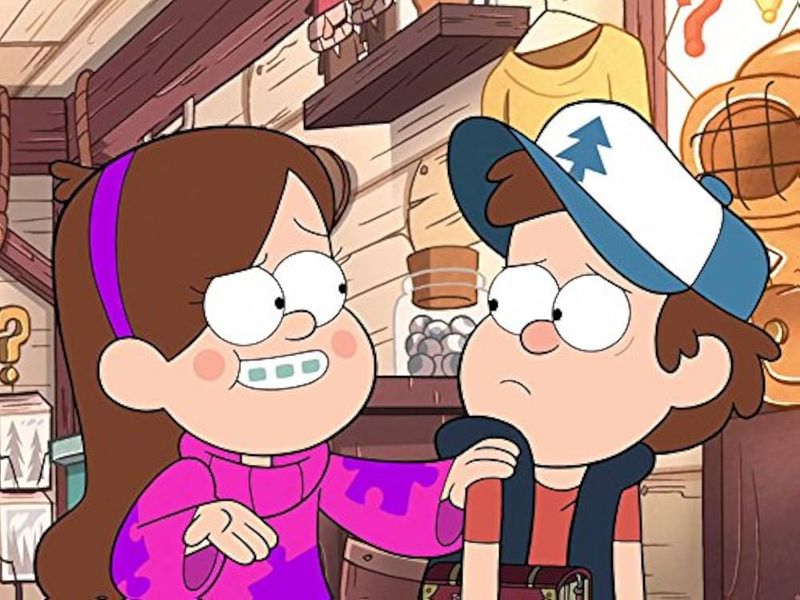
In a small Oregon town, Dipper and Mabel uncover supernatural mysteries while navigating the complexities of growing up. Alex Hirsch embedded intricate puzzles and codes throughout episodes that engage viewers beyond passive watching.
The show’s mythology builds systematically across two seasons, rewarding careful attention with revelations that recontextualize earlier events. Character relationships evolve naturally as the twins face increasingly dangerous supernatural threats.
Gravity Falls proves children’s animation can incorporate sophisticated storytelling techniques, creating a mystery series that challenges viewers to actively participate in solving puzzles while delivering emotional satisfaction through character growth and family bonds.
12. Invincible
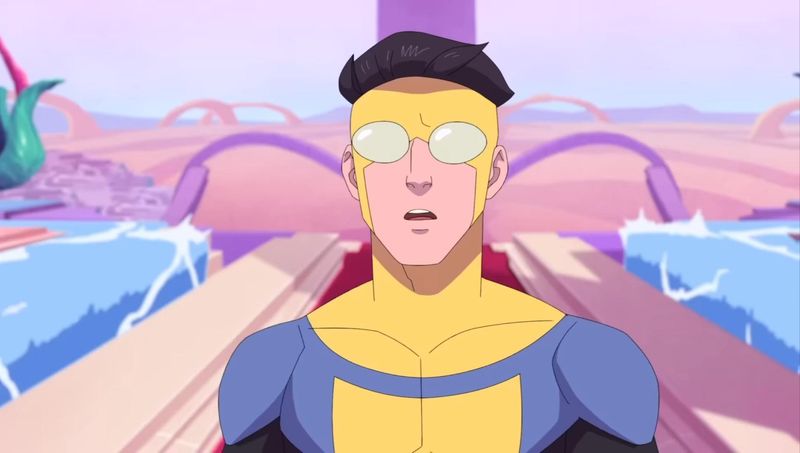
Mark Grayson’s superhero awakening shatters expectations with brutal violence and emotional complexity that redefines the genre. Robert Kirkman’s adaptation refuses to soften the consequences of superhuman conflicts.
The series examines heroism’s psychological toll while questioning traditional superhero morality through Mark’s relationship with his alien father Omni-Man. Each episode balances coming-of-age struggles with cosmic-level threats that have genuine stakes.
Invincible demonstrates animation’s ability to handle mature themes without compromise, using superhero conventions to explore family loyalty, moral responsibility, and the price of power in ways that challenge viewer assumptions about heroic narratives.
13. Harley Quinn
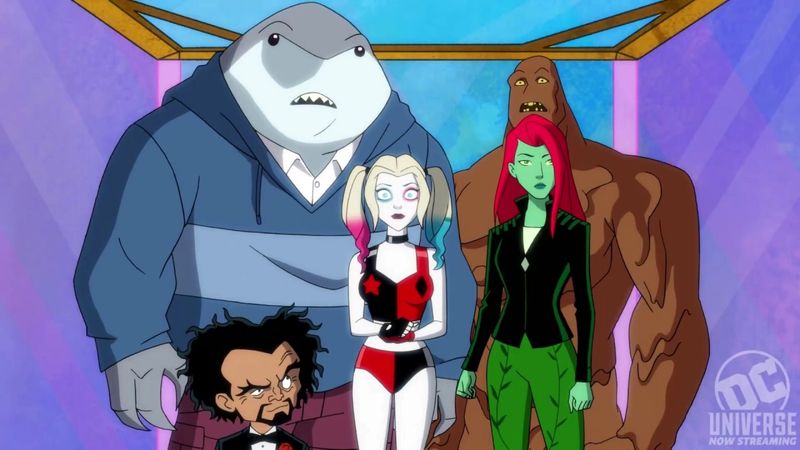
Harley’s breakup with the Joker launches a raunchy comedy that reimagines DC Comics characters through a feminist lens. The series embraces R-rated humor while exploring themes of independence, friendship, and personal growth.
Each episode balances superhero action with relationship comedy, allowing Harley to develop beyond her traditional role as Joker’s sidekick. Her friendship with Poison Ivy provides emotional depth beneath the violent, profanity-laden adventures.
The show proves superhero animation can target adult audiences directly, using familiar characters to examine toxic relationships, personal empowerment, and female friendship with humor that celebrates rather than exploits its protagonist’s journey toward independence.
14. The Midnight Gospel
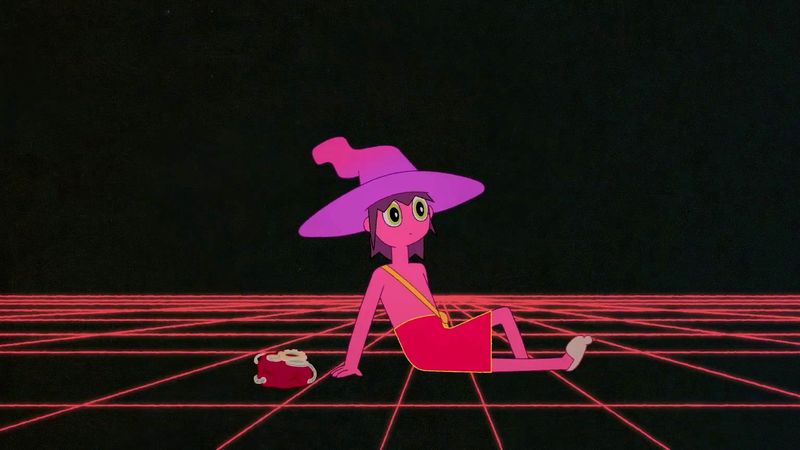
Interdimensional travels provide surreal backdrops for real philosophical conversations about death, spirituality, and human experience. Duncan Trussell adapted his podcast interviews into animated adventures that blend psychedelic visuals with profound dialogue.
Episodes feature actual conversations between Trussell and various guests, animated with bizarre, colorful scenarios that enhance rather than distract from the deep discussions. Topics range from meditation practices to theories about consciousness and reality.
The Midnight Gospel proves animation can serve as vehicle for intellectual exploration, creating a unique viewing experience that combines entertainment with genuine philosophical inquiry in ways traditional documentary formats cannot achieve.
15. Castlevania
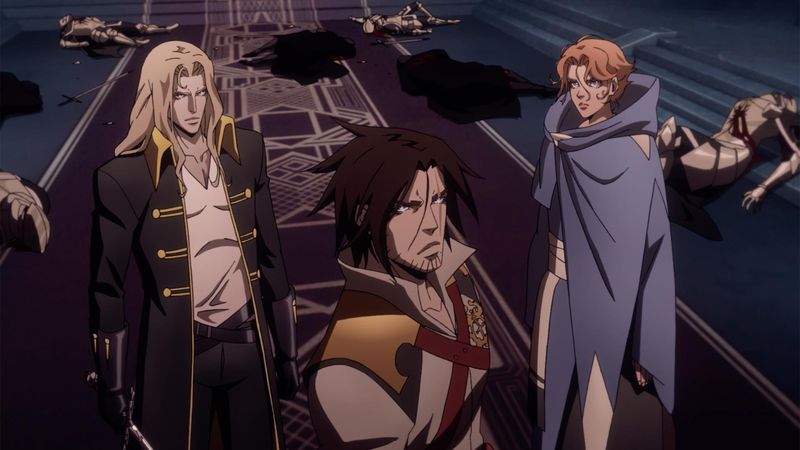
The battle against Dracula elevates video game adaptations through sophisticated animation and complex character development. The series treats its source material with respect while expanding the mythology for television storytelling.
Gothic horror aesthetics combine with fluid action sequences that showcase animation’s potential for depicting supernatural combat. Characters grapple with religious faith, scientific progress, and moral ambiguity in medieval European settings.
Castlevania demonstrates how animation can adapt existing properties while maintaining artistic integrity, creating a mature fantasy series that honors its gaming origins while establishing its own narrative identity through stunning visuals and thoughtful character work.
16. Big Mouth
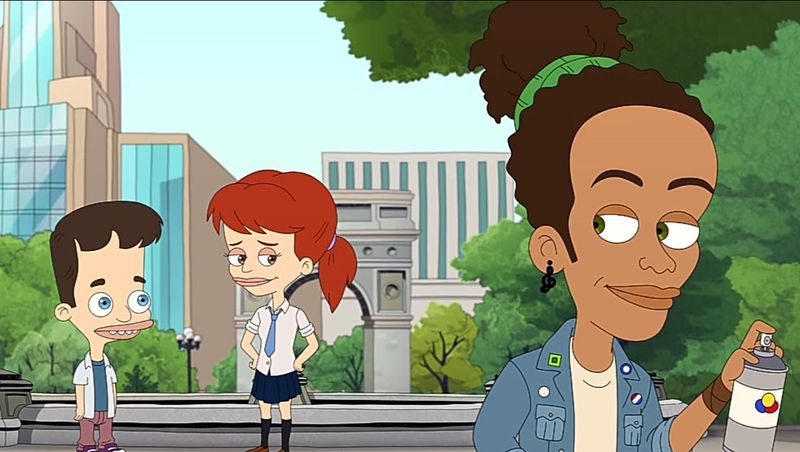
Hormone monsters guide middle school students through puberty’s awkward realities with unflinching honesty and crude humor. Nick Kroll and Andrew Goldberg mine their own adolescent experiences for storylines that capture puberty’s confusion and embarrassment.
The show addresses topics like identity and body image with frankness that would be impossible in live-action format. Animated characters allow exploration of intimate subjects without exploiting actual young actors.
Big Mouth proves animation can handle sensitive subjects responsibly, using exaggerated cartoon logic to discuss real adolescent struggles while maintaining enough distance through stylization to avoid inappropriate content involving minors.
17. F Is for Family
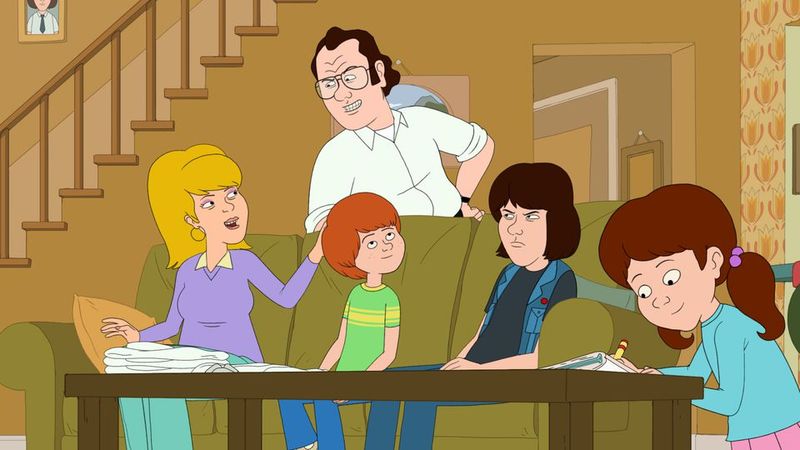
Frank Murphy’s 1970s family life exposes the era’s casual cruelty and limited opportunities with dark humor and nostalgic accuracy. Bill Burr draws from personal experiences to create an unfiltered portrait of working-class American family dynamics.
Episodes examine how economic pressure, social expectations, and generational trauma shape family relationships without romanticizing the past or excusing harmful behavior. Characters struggle with limited emotional vocabulary and societal constraints.
The series demonstrates animation’s ability to explore historical periods honestly, using period-appropriate attitudes and language to examine how families coped with stress before modern psychological understanding while maintaining empathy for flawed characters.

Comments
Loading…